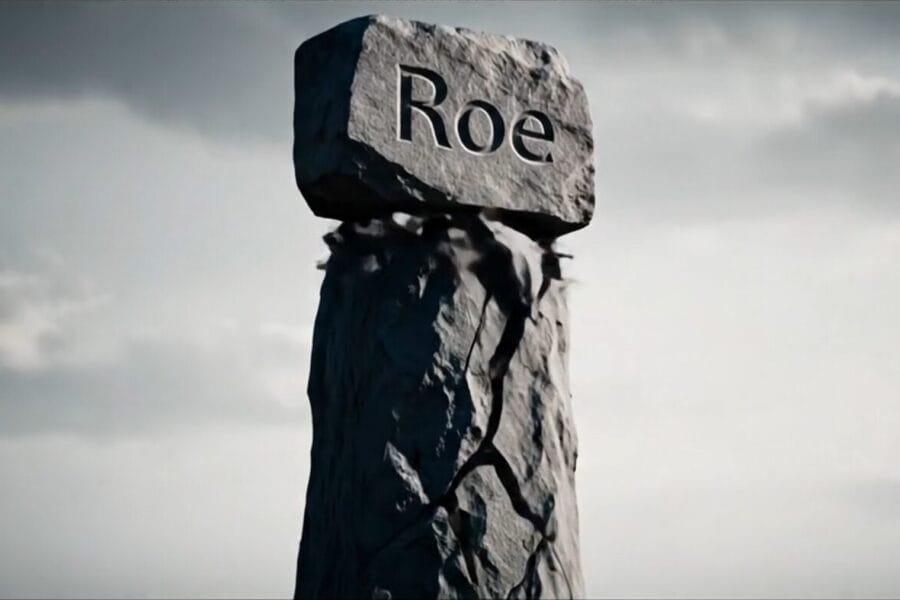On January 5, 2021, a panel of judges on the Eighth Circuit Court of Appeals unanimously upheld an injunction preventing Arkansas Acts 493 and 619 from taking effect. Act 493 would prohibit abortion after 18 weeks’ gestation, and Act 619 would prohibit abortion on the basis of a Down syndrome diagnosis.
In its decision, the panel identified both laws as “pre-viability” restrictions that run afoul of the viability framework established in Planned Parenthood v. Casey. The Casey rule is categorical:
Regardless of whether exceptions are made for particular circumstances, a State may not prohibit any woman from making the ultimate decision to terminate her pregnancy before viability.
This means that any restriction during the “pre-viability” portion of pregnancy—currently recognized to be the first 20-24 weeks—must include some exception or alternative. The two best examples of this are:
- Parental consent laws: a minor may not obtain an abortion without her parent’s consent and/or notification, BUT she may seek judicial bypass through the courts.
- “Method” prohibitions: a state may prohibit a type of abortion (such as dismemberment) because other methods are still available.
The difference between these laws and Act 619 is that there is no exception or alternative. No abortion may be performed if the doctor is aware that the reason is a Down syndrome diagnosis.
The judges acknowledge that under current Supreme Court jurisprudence, the state’s compelling interest in the prohibition—preventing discrimination on the basis of disability—is irrelevant when a law forecloses abortion ahead of viability. This is the reason why the state left the injunction in place, pending action by the full Eighth Circuit or the Supreme Court.
However, Judges Shepherd and Erickson wrote concurring opinions explaining why they believe the Supreme Court should revisit this rule.
Judge Shepherd wrote to “reiterate[s] my view that ‘good reasons exist for the [Supreme] Court to reevaluate its jurisprudence’ regarding the viability standard” because it does not adequately consider the state’s interest in the unborn child. Under the Casey test, viability is the only consideration—there is no evaluation of the state’s compelling interests or of the factual circumstances and how they may have changed in the years since Roe and Casey were decided.
Judge Erickson wrote, “The great glory of humanity is its diversity.” He recognized that abortion has been used as a tool of eugenics, stating that “in Western society, there is currently no more threatened population than children born with Down syndrome.”
More accurately, there is no more threatened population than children diagnosed in utero with Down syndrome. In the United States, two-thirds of unborn babies diagnosed with Down syndrome are aborted. In some European countries, that number is nearly 100%.
That lawmakers cannot address this crisis because it violates the “viability” standard demonstrates the irrationality and unworkability of Roe and its progeny.
Indeed, good reasons do exist for the Court to revisit its jurisprudence. In this country there are thousands of laws preventing discrimination against and providing support for people with disabilities. They should not have to be born for the state to extend nondiscrimination protections to these vulnerable persons.




